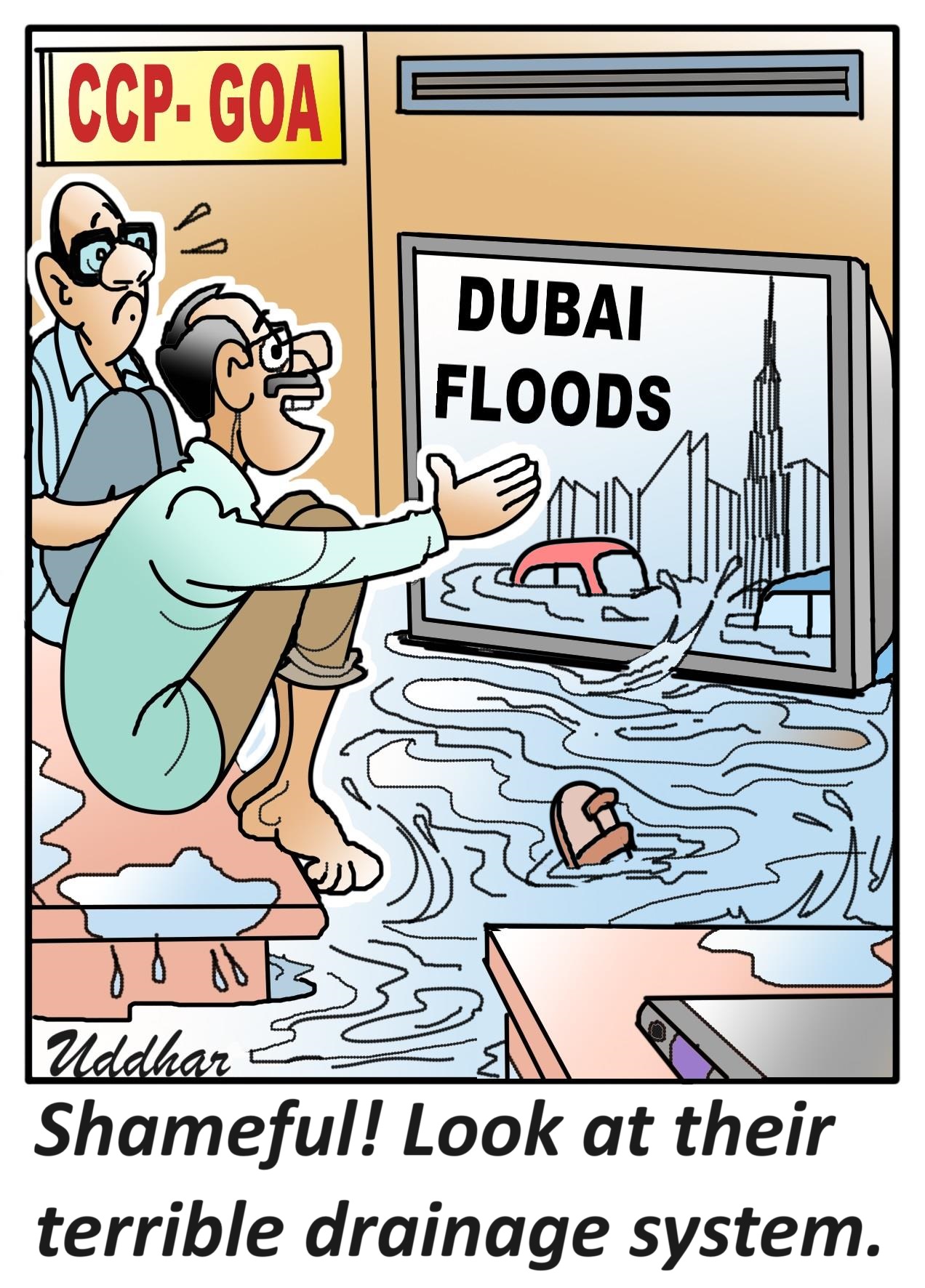After the arrival of Union Home Minister Amit Shah on a two-day visit, during which he addressed the workers of the Bharatiya Janata Party, slated to come this week are first West Bengal Chief Minister Mamata Banerjee, followed by Congress former President Rahul Gandhi. They will be in the State during the same period when Vice President M Venkaiah Naidu will be on an official visit in the State. While the arrival of the politicians makes for good optics in the run-up to the elections, the focus has to change from bluster to issues that are important to Goa.
Parties are already getting busy with planning their manifestos for the 2022 polls, some by meeting people and seeking suggestions. A lot of sweat is put in writing down these lists and printing them on glossy paper, but little effort is made to implement the programme once the party forms a government. In our Review section today, we take a look at how parties make assurances during the election campaign but seldom bother to implement the manifesto that has been taken to the people once they come to power. This is to remind parties that even if the people have forgotten what was guaranteed in return for the vote, Herald is keeping track of what was promised and what has been delivered.
It is not just political parties, but individual candidates also make a list of laws they will enact, policies they will bring in and development works they will undertake if voted to power. The entire campaign is based on the manifesto as electors are told why they should cast their vote for a particular party or candidate. The decision to vote is usually taken if the voter feels that the party serves the best interest of the constituency or of the State as a whole. Parties persuade voters based on their manifesto, but often ignore the pledge that was made once voted. If political parties want the voters to take their manifestos seriously, they should be equally serious about delivery of what has been promised. That possibly should be the first item on the manifesto.
Parties, however, will break all promises if the people won’t hold the parties accountable to the manifestos that have been made. It is the people – the voters in particular – who can play a major role here, as the manifesto is a document that is not binding upon the party. There is no legal sanctity to it, so parties can promise voters anything, and in reality do nothing of what was listed in the manifesto or announced during the poll campaign, or even do the opposite. The only way they can be forced to keep their word is if the people make them do it.
Yet, after the Goan experience of MLAs changing parties, can manifesto promises be expected to be kept by the same politicians? Voters in Goa have been betrayed by the MLA who crosses over to the other side. The manifesto that in the end is nothing than a piece of paper means little to the politician. Yes, a few promises will be kept so that people are kept happy, but most of it is just ignored as memory is short and few people actually keep the manifesto that is presented to them to compare with what has been completed during the term. With a galaxy of stars lined up for campaigning in Goa, it is likely that issues of importance will be brought up, but what happens after a new government is sworn in, is another matter totally.
